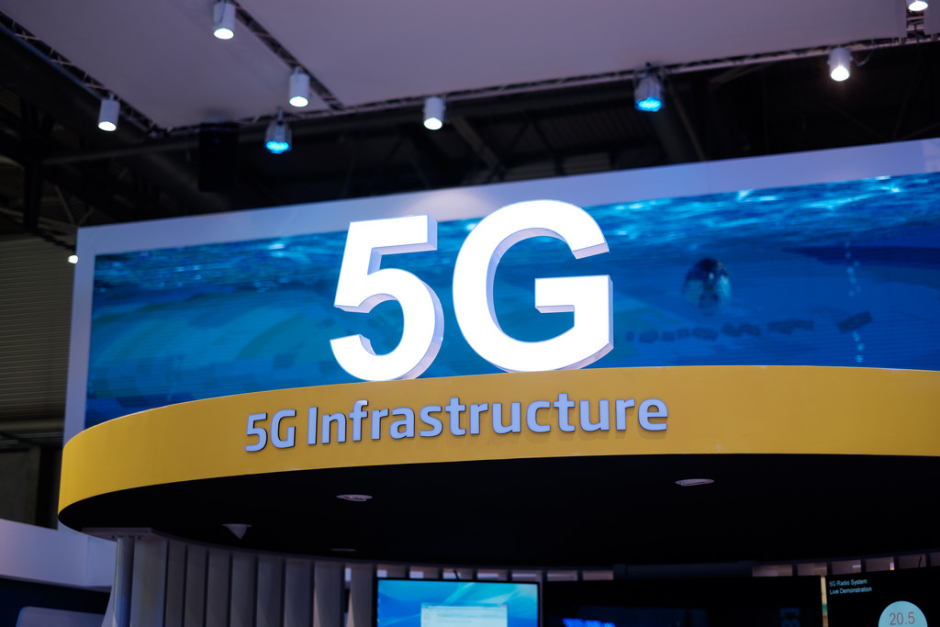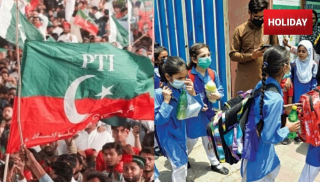If Chinese companies like Huawei and ZTE are banned from developing 5G networks infrastructure, the next generation of mobile networks would cost 55 billion Euros ($62 billion) more for European mobile companies, the wireless industry’s biggest association GSMA revealed in a new report cited by Reuters.
The US President Donald Trump has started a trade war with China by adding two of the world’s biggest telecom equipment makers to a trade blacklist in May. This has prompted global tech giants including Google to cut ties with Huawei and European countries are also likely to follow suit. However, this ban on Chinese telecom giants will not only raise the cost of 5G networks in Europe but it will also delay the technology by about 18 months.
US govt and intelligence agencies alleged that Huawei’s equipment is potentially used by Chinese govt’s institutes for spying, something the Chinese companies like Huawei and ZTE have repeatedly denied.
The ban on Chinese telecom equipment would also deprive the European Union of around 45 billion euros in productivity growth, according to a report drafted by the GSMA trade association cited by Bloomberg. The report said;
“The need to replace network equipment and the capacity constraints on the remaining mobile equipment vendors would disrupt current rollout plans. Such a delay would widen the gap in 5G penetration between the EU and the U.S. by more than 15 percentage points by 2025.”
The GSMA’s concerns came to light just after the US banned Chinese vendor last month by restricting its access to Google’s Android operating system for upcoming 5G smartphones. This will disrupt Huawei’s ability to function or access popular apps on the Play Store.
“We continue to stress that it is imperative that the market has the widest possible choice of equipment, technology, and partners, to drive, scale innovation and competition,” a GSMA spokeswoman said.
Meanwhile, an immediate and complete ban on Huawei appears to be uncertain in Europe as the region relies on most for growth outside China, after Germany, France, and Britain signaled more limited restrictions and stronger oversight of their networks.












